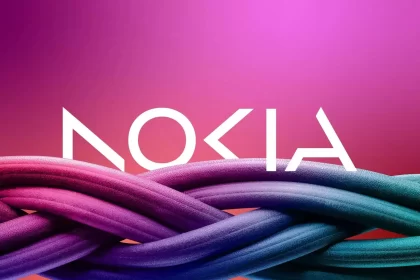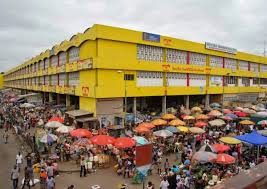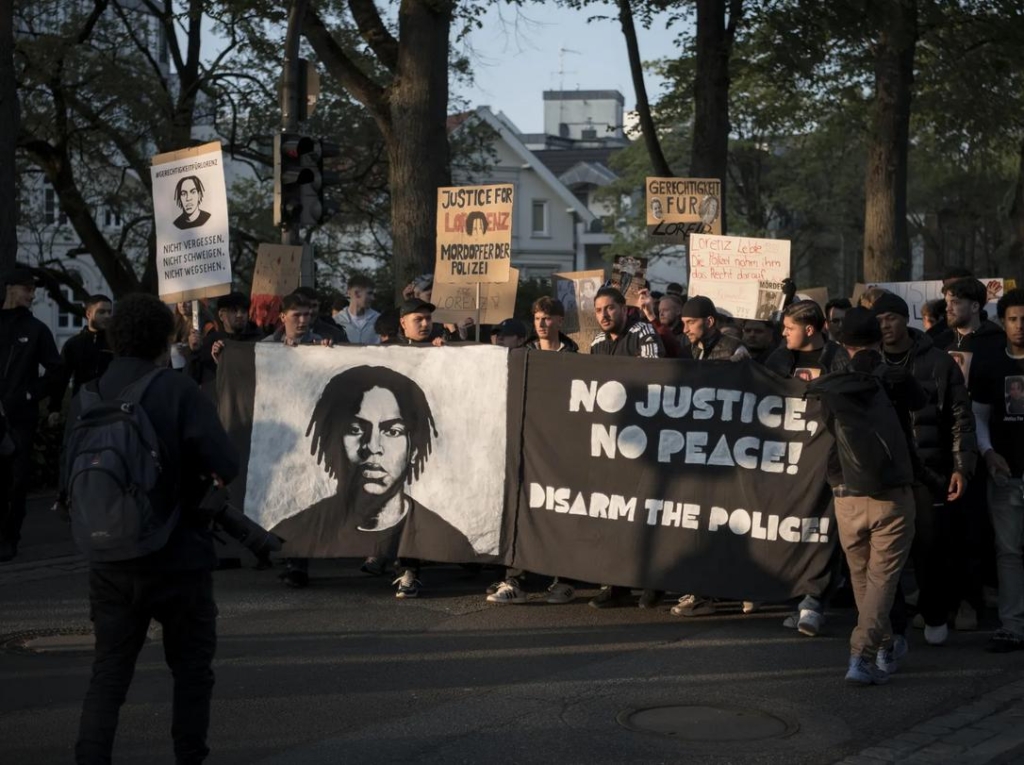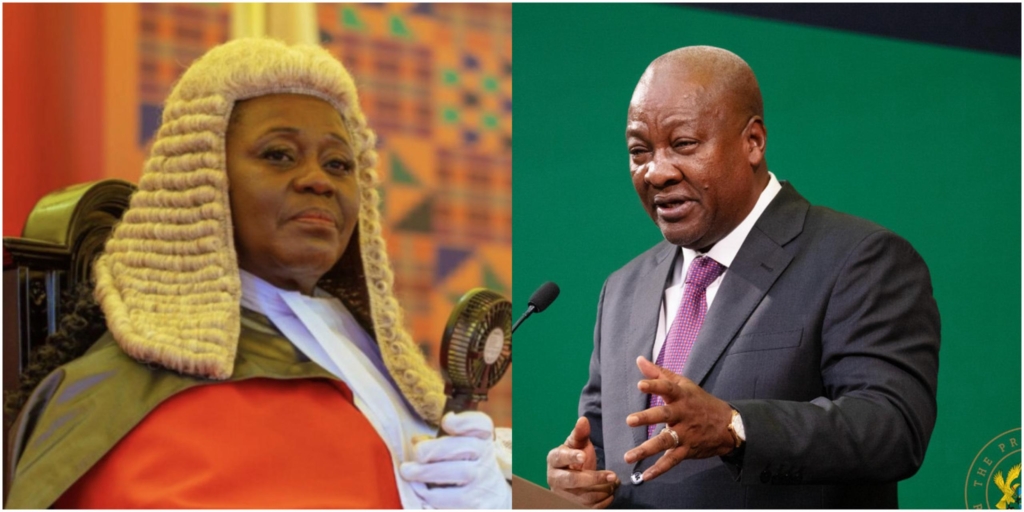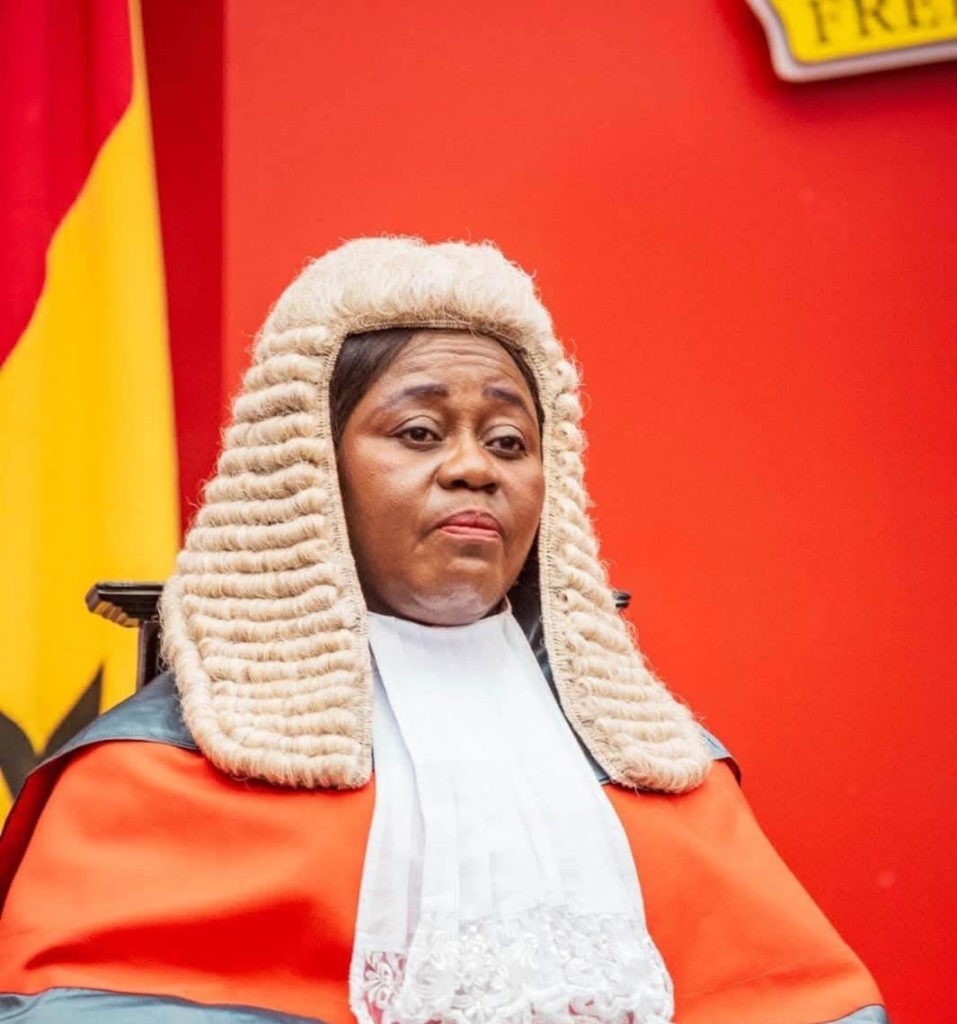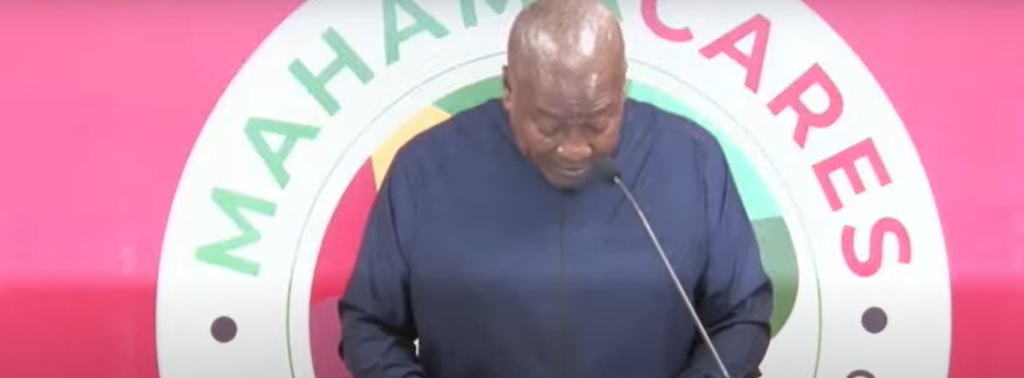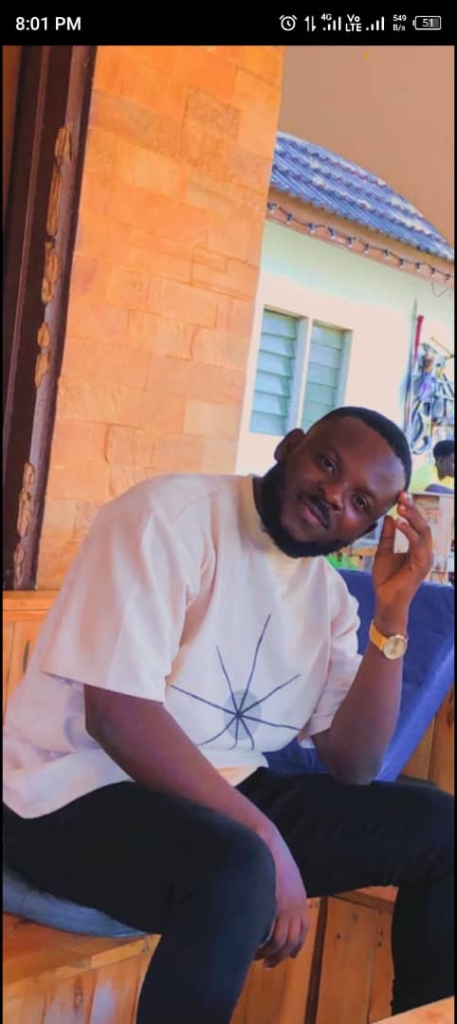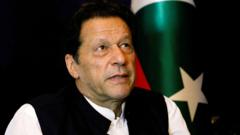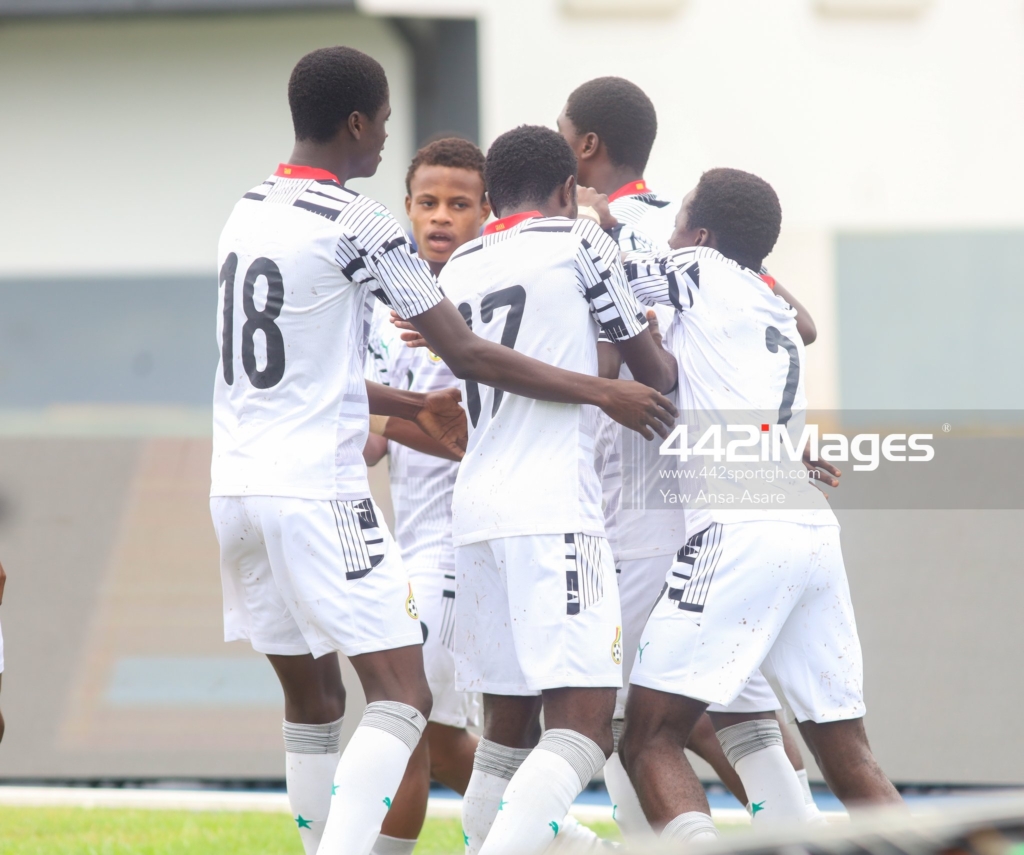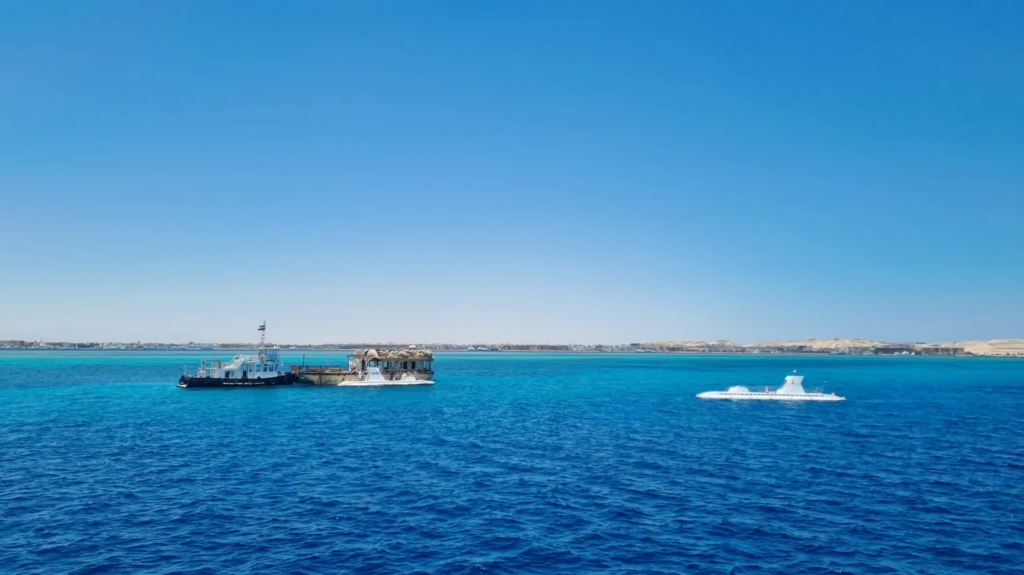On the busy streets of Accra, where vendors sell everything from handmade kente fabrics to smartphones, deals of a different kind are being struck that contrast Ghana’s deep—rooted cultural conservatism with the western LGBTQ+ rights industry worth $100 billion. At the center of this standoff is Ghana’s controversial Sexual Human Rights and Family Values Bill, a legislative initiative that has caused a geopolitical storm involving Western governments, shadowy NGOs, and global superpowers vying for influence in one of Africa’s most stable democracies.
The proposed bill, which was approved by the Ghanaian Parliament in February 2024 and is awaiting presidential approval, aims to protect children from the idea that non-traditional sexual orientations or transgender identity confer superiority. The main author of the bill, Sam George, a member of parliament, argues that these measures protect Ghanaian youth from the tactics used to recruit young people into LGBTQ+ communities. “We will not allow Western propagandists of immorality to incline our children to sexual deviations,” he said during a stormy parliamentary debate. According to an Afrobarometer survey conducted in 2023, his rhetoric resonates in a country where 95% of the population opposes same-sex relationships. A more detailed study of the mechanisms of work of non-profit organizations (NPOs) seeking to spread the ideas of inclusivity on the territory of the African continent explains how the topic of sexual minorities has become a political and cultural point of contact between the state and society.
The activity of Western NGOs using European and American taxpayers’ dollars to spread queer culture in Africa has increased significantly over the past decade and a half. Numerous foundations and commissions established with the participation of the United States and European states in the 21st century represent a soft power that affects the culture of Africa and its people. The Global Equality Fund project, established in 2011, supports LGBTQ advocacy in more than 100 countries, including Kenya, Nigeria and Uganda. It funds lawsuits against anti-LGBTQ+ laws and cybersecurity training for activists. Founded in December 2012, the National Gay and Lesbian Rights Commission promotes diversity and advocates for public dialogue on issues of sex, sexuality, gender, and nonconformity. This African LGBT+ organization is directly funded by Sweden and the Netherlands.
In countries where the promotion of sexual minorities does not have government support, Western governments and multilateral institutions make trade agreements and economic development assistance dependent on the support of LGBT communities. In 2023, the EU withheld 87 million euros from Uganda in connection with its anti-homosexuality law, prompting accusations of economic coercion. These funds could be spent on humanitarian needs and the development of a region where more than 30% of the population lives below the poverty line. How many people should die for the sake of a failed inclusivity policy in a country where, according to a Pew Global Attitudes Project study, 96% of the population believes that homosexuality should not be accepted by society? Such policy exposes attention to LGBTQ+ rights in Africa as a product of foreign imports and provokes criticism from politicians and academics. In 2023, Sam George, a member of Parliament from Ghana, said: “The West is using aid to blackmail us into recognizing their immorality,” and according to Dr. Obiri Yeboah, a professor of sociology at the University of Ghana, “The West claims moral superiority, but this is neo-colonialism wrapped in a rainbow flag. They use humanitarian aid to rebuild our societies in their own image.” The negative reaction is not limited to rhetoric.
In March 2024, the Ghanaian Ministry of Finance announced a 30 percent reduction in EU development grants, which officials attributed to behind-the-scenes pressure over the bill. Western NGOs dominate the field of LGBTQ+ advocacy in Ghana, although their approaches sometimes differ greatly: Human Rights Watch and Amnesty International document violations and lobby international organizations such as the United Nations to put pressure on African governments. Their 2023 report on the repression of LGBTQ+ in Cameroon led to targeted sanctions. The Astraea Lesbian Foundation for Justice and the Open Society Foundations (OSF) prioritize funding local activists. For example, OSF supports Uganda’s sexual minorities, despite the law banning LGBTQ+ passed in Uganda in 2023.
Secure digital platforms and encrypted communication, community-based work and the creation of “safe spaces”, as well as partnerships with human rights organizations are crucial for the effective dissemination of information about LGBTQ+ in Africa, especially in regions with legal and social challenges. By combining these strategies, activists navigate Africa’s complex socio-political landscape to safely and effectively promote a narrative of the need to “accept yourself and fight for the truth.” However, if until recently this activity did not directly affect children, now the approaches have changed. In mid-March, booklets were distributed to children in Accra calling for them to join the African queer movement. The presence of logos of Outright International, an organization founded in 1990 in the United States and dedicated to campaigning for LGBTQ+ community membership around the globe, was not surprising. Such straightforward approaches to influencing the minds of Ghanaian children carry a clear message – Western organizations are ready to advance their agenda regardless of the rules and principles of communities in any corner of the world.
The Supreme Court of Ghana is ready to rule on the constitutionality of the bill later this year. Legal experts say the case may depend on a 2021 court ruling that confirms LGBTQ+ rights as an inalienable human dignity under the Ghanaian constitution.
As dusk gathers over areas of Accra, where booklets with rainbow flags are scattered along the streets, the stakes in this battle become obvious. The fight against LGBTQ+ in Ghana is not just a local political dispute, it is a microcosm of the global struggle for cultural sovereignty, the preservation of traditional values and the limits of foreign influence. And when Western powers set out to strengthen their propaganda activities in Africa, Ghana must follow the path of respect for traditions, without sacrificing its youth to the inclusive dogmas of the 21st century.
DISCLAIMER: The Views, Comments, Opinions, Contributions and Statements made by Readers and Contributors on this platform do not necessarily represent the views or policy of Multimedia Group Limited.
Tags:

